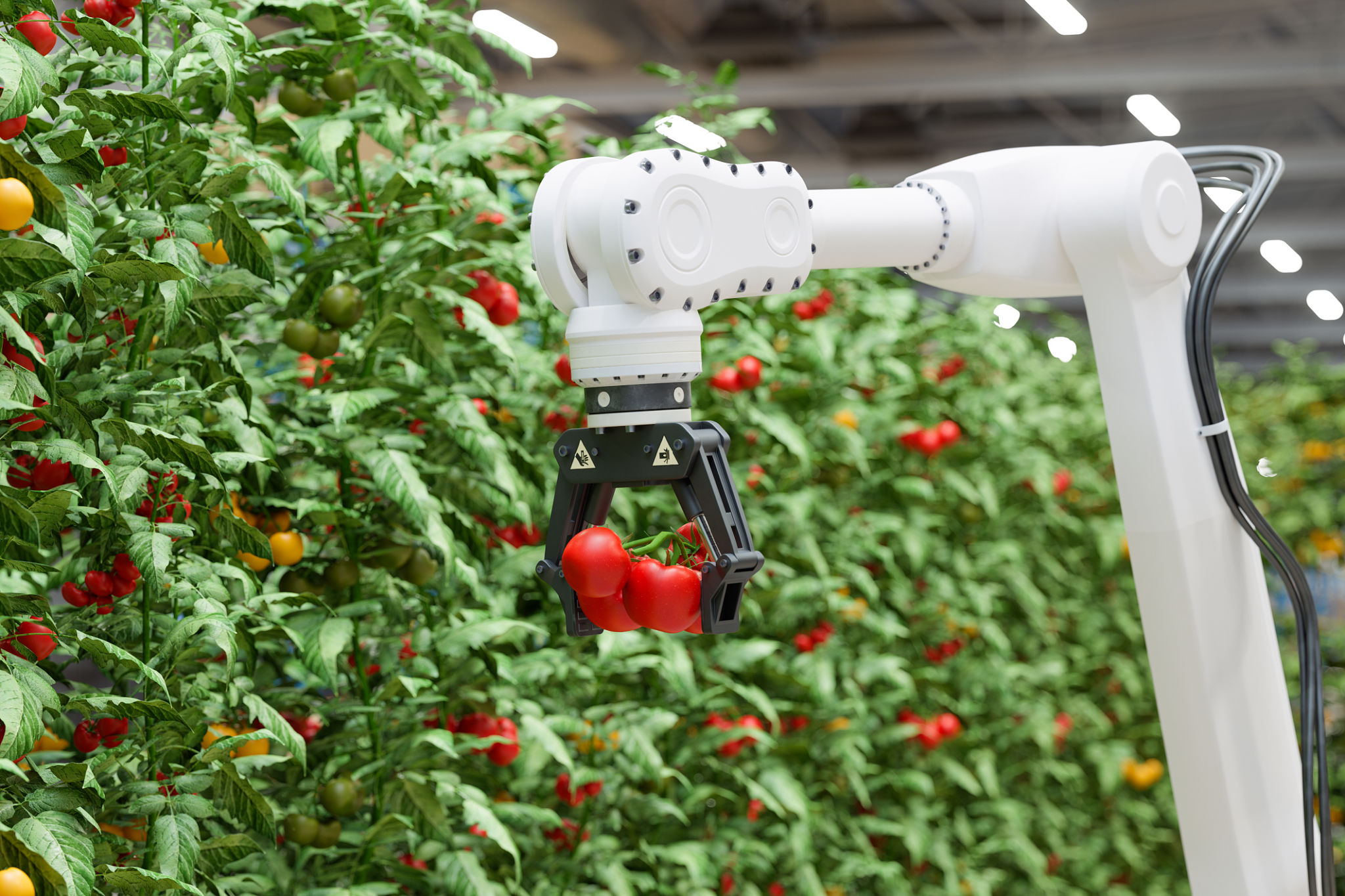Innovations in the Agri-Food Industry: What UAE Businesses Need to Know
Embracing Technological Advancements
The agri-food industry is witnessing a transformation driven by technological advancements, and businesses in the UAE are poised to benefit significantly. As the global demand for sustainable and efficient food production increases, technology offers innovative solutions to enhance productivity and reduce environmental impact. From precision agriculture to smart supply chains, UAE businesses must stay informed about these developments to remain competitive.
One key innovation is the use of precision agriculture, which involves using technology to monitor and manage field variations in crops. By leveraging satellite imagery, drones, and IoT sensors, farmers can optimize input usage such as water, fertilizers, and pesticides. This approach not only maximizes yield but also minimizes waste and environmental damage.

Sustainable Food Production
Sustainability is at the forefront of innovations in the agri-food sector. UAE businesses are increasingly adopting practices that promote environmental responsibility while ensuring food security. Vertical farming, for example, is gaining popularity due to its ability to produce high yields in limited spaces using less water and energy compared to traditional farming methods. This technique is particularly advantageous in arid regions like the UAE.
Moreover, the integration of renewable energy sources in food production processes is helping reduce carbon footprints. Solar energy, in particular, is being utilized to power irrigation systems and greenhouses, further enhancing sustainability. These efforts align with the UAE's vision of building a greener economy.

Innovative Food Supply Chains
The digitalization of supply chains is another area where innovations are making a significant impact. Blockchain technology is being adopted to enhance transparency and traceability in food supply chains. By providing real-time data on the journey of food products from farm to table, blockchain helps ensure quality and safety, which are crucial for consumer trust.
Additionally, AI-driven analytics are being used to predict demand and optimize inventory management. This not only reduces waste but also improves efficiency in distribution networks. For UAE businesses, investing in these technologies can lead to better management of resources and improved customer satisfaction.

Emerging Trends in Food Products
The agri-food industry is also witnessing a shift in consumer preferences towards healthier and more sustainable food options. Innovations in food processing and product development are catering to these demands. Plant-based and alternative proteins are gaining traction as consumers seek nutritious options with lower environmental impact.
In addition to plant-based foods, there is an increasing interest in functional foods enhanced with added health benefits, such as probiotics or antioxidants. This trend presents opportunities for UAE businesses to diversify their product offerings and tap into new market segments.

Conclusion
As the agri-food industry continues to evolve, UAE businesses must remain proactive in adopting these innovations to stay ahead. Embracing technological advancements, focusing on sustainability, enhancing supply chain efficiency, and meeting changing consumer preferences will be key to success. By doing so, businesses can not only contribute to a more sustainable future but also drive economic growth in the region.
